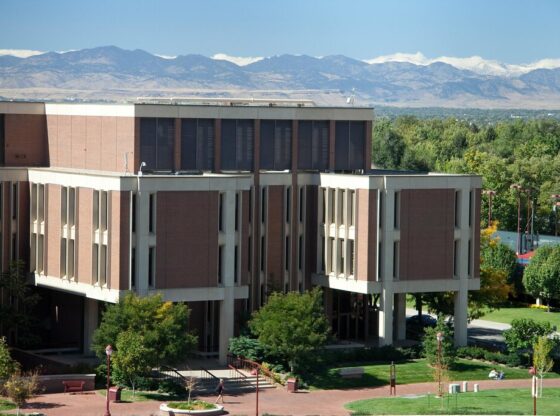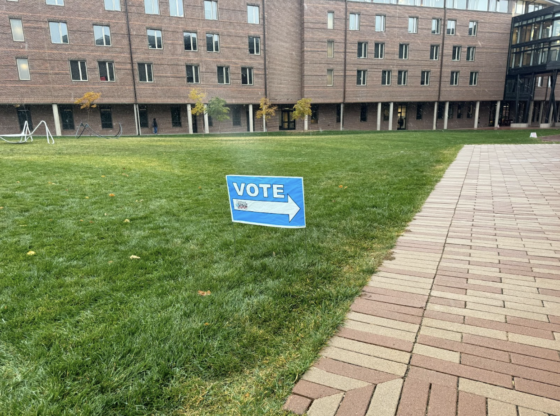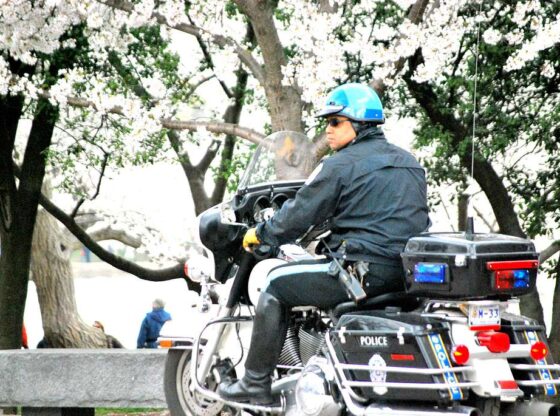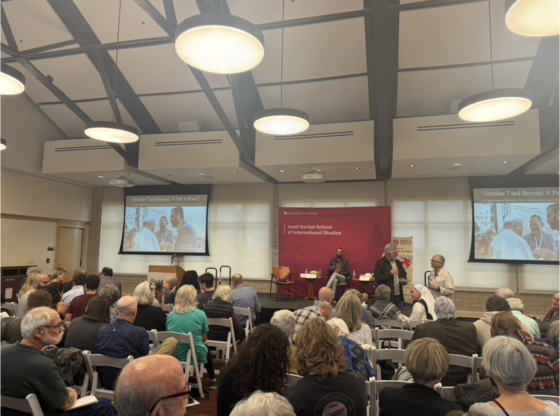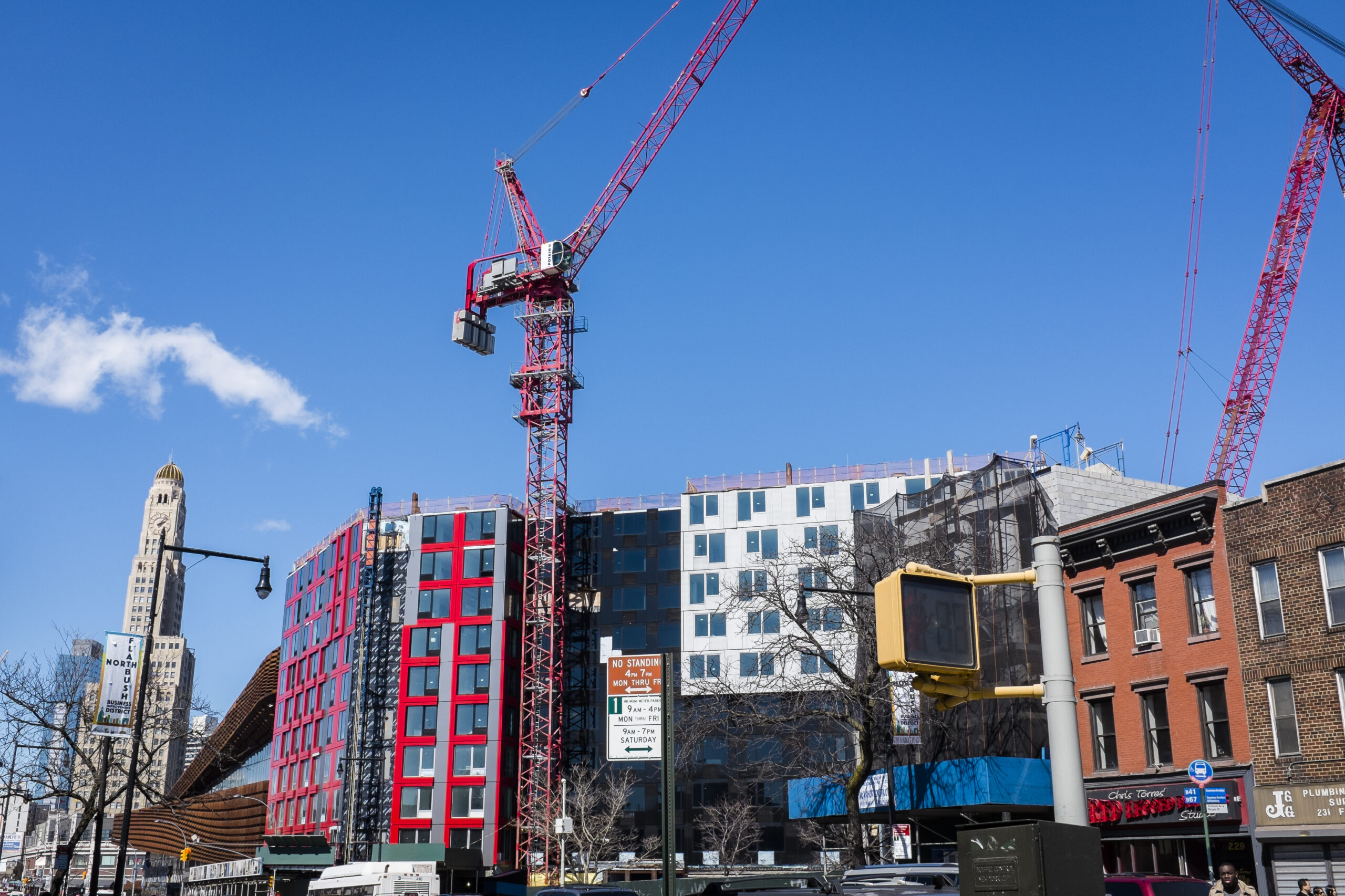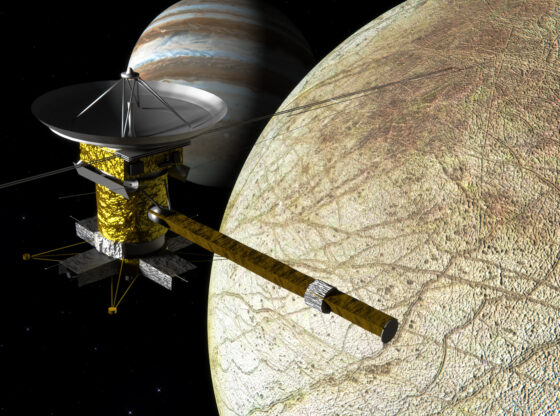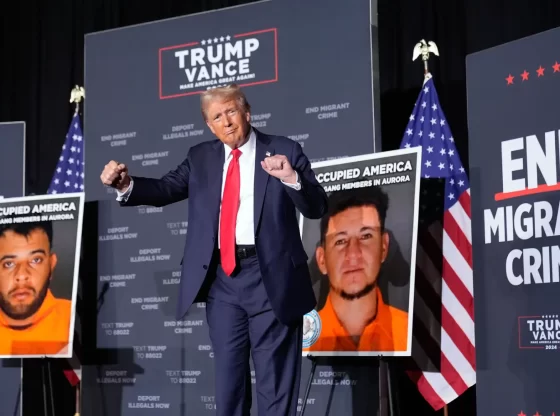As temperatures begin to drop and DU’s seventh week begins, an ominous Election Day draws ever closer. With several important issues at stake, how will certain pop-culture commentaries affect the outcome of the presidential election? In particular, how will NBC’s infamous Saturday Night Live (SNL) skits depict these candidates, and will they influence voters?
Fresh off the trainwreck of the first 2020 presidential debate, Alec Baldwin (portraying Donald Trump) and Jim Carrey (portraying Joe Biden) pulled no punches on Oct. 3. The skit, SNL’s first of the season, was quick to foreshadow Trump’s positive COVID-19 test and poke fun at both candidates’ blatant disregard for the debate rules. The next three weeks of cold opens followed suit, providing a quick overview of the entertaining bits of each debate and emphasizing the parts that usually end up trending on Twitter the next day.
SNL has been capitalizing on political drama for decades, frequently exaggerating debates and political news to highlight certain issues as well as create fantastic comedy. Chevy Chase as a clumsy President Ford; Tina Fey as an eccentric Sarah Palin; these iconic depictions are so mainstream that most American voters remember their individual SNL runs.
The 2008 election in particular is a great example of how caricatures can influence the American public. Prior to the election, SNL aired several skits involving depictions of John McCain, Sarah Palin, Barack Obama and Joe Biden. A nonpartisan study found that 66% of voters had seen these skits, and a whopping 16% of independent voters had been swayed. Around 12% of independent voters cited the SNL impersonations as the reason why they were less likely to vote for McCain and Palin, and 4% reported the same effect with Obama and Biden.
Understandably, comedy shows such as SNL are most impactful with undecided or independent voters. Americans who already have a strong political preference are not likely to be swayed by Jim Carrey parading around on Mike Pence’s head in a fly costume.
This year, however, harbors much less indecision than in 2008 or 2016. As the political rhetoric in our country becomes more and more partisan, it is no surprise in 2020 that most Americans have cemented their choices months—and sometimes years—prior to election day.
In a world where most Americans are familiar with Donald Trump and Joe Biden and have already established opinions on the two, TV commentary like SNL is not likely to have much of an impact on voters. Political influence aside, these skits provide a way for Americans to laugh at the otherwise deeply depressing state of politics in our country. That, in it of itself, is a service to this nation that cannot be overlooked.
To watch a video that accompanies this article, made by Chris Fazzari, click here.


